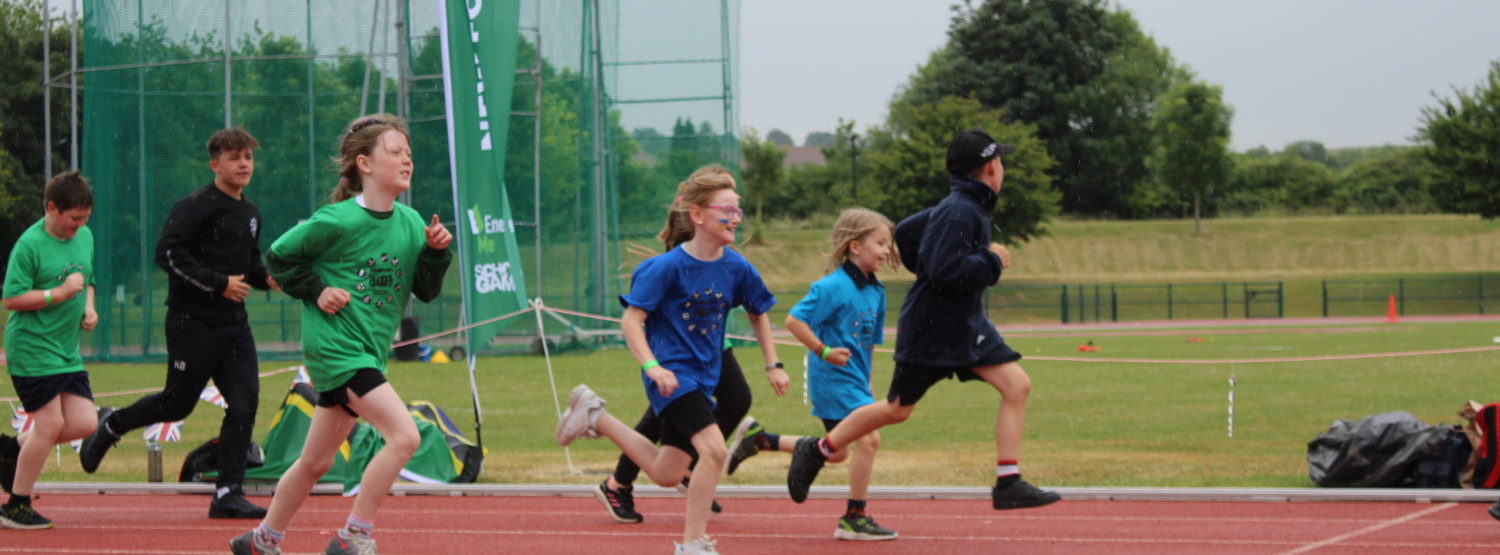

Date: 18 January 2023 Author: Energise Me
It was important for us as an organisation to share this person’s story, although it was never going to be an easy read. We all have a role to play to ensure people are safe and have positive experiences of physical activity and sport. Enjoyable environments instill a love for movement that can keep us healthy throughout our lives. Though sometimes overlooked or underappreciated, safeguarding and wellbeing practices are essential. We need to talk about it.
I was left with a huge mix of emotions when I read this personal story:
The blog was a reminder that just because things become the cultural norm, it doesn’t make them right. As coaches, parents or just as individuals who care for others, we have the power to create change and keep one another safe.
Still, I am hopeful that we can come together and collectively continue to champion the Safeguarding agenda. If we all make a conscious decision to do so, we can create environments that:
I feel strongly about the saying, ‘wisdom is power’. The more people know what to ask, what to look out for and who to share this information with, the more chance we have of protecting others from what our storyteller experienced.
Safeguarding concerns can happen within clubs and organisations. They can also happen outside and be reported within a club environment because of established trust. The important thing to remember is that we all have a responsibility to share concerns with the agencies who have the expertise to manage a response. We all have a ‘duty to care’.
One of the most important steps we can all take is to create simple and clear guidelines for people to follow should they want or need to share a concern, no matter how big or small. Sharing lower-level concerns is equally as important as the higher-level concerns. Those who intend to inflict harm will often test the boundaries, wait for opportunities or search for environments where safeguarding is given little to no regard. Unclear processes create space for people to either fly beneath the radar or behave inappropriately with less chance of being noticed.
Having read our blogger’s story, we need to think carefully about what could have been done differently. I think things have changed a lot in our sector, and very positively in recent years. Although, all who have been affected by, work in and champion safeguarding know there is still so much to be done.
An old colleague of mine used a brilliant question to get parents thinking about the environments and people their children engage with:
Would you hand your car keys over to a stranger? If not, why would you do the same with your kids?
As we consider the future and plan our next steps, what are the immediate responses we can make? How can we support and encourage others to listen to those who raise a concern? How can we ensure that people who raise a concern feel heard?
Here are our top tips for clubs and organisations to act on, and for others to check and challenge.
Putting the right things in place:
Make safeguarding a regular conversation by:
I would like to thank our blogger for sharing their story and end with an echo of their words. A reminder for all of us, myself included, to keep the safeguarding conversation alive so we can create the best opportunities for people in physical activity and sport.
“Most of all, I want to encourage you to listen and speak up if you, or anyone you know, have a safeguarding concern. Any child, parent, coach or witness can report a concern.”
If you are in doubt about where to go for additional guidance and support, please visit the following links. Alternatively, reach out to your governing body.
